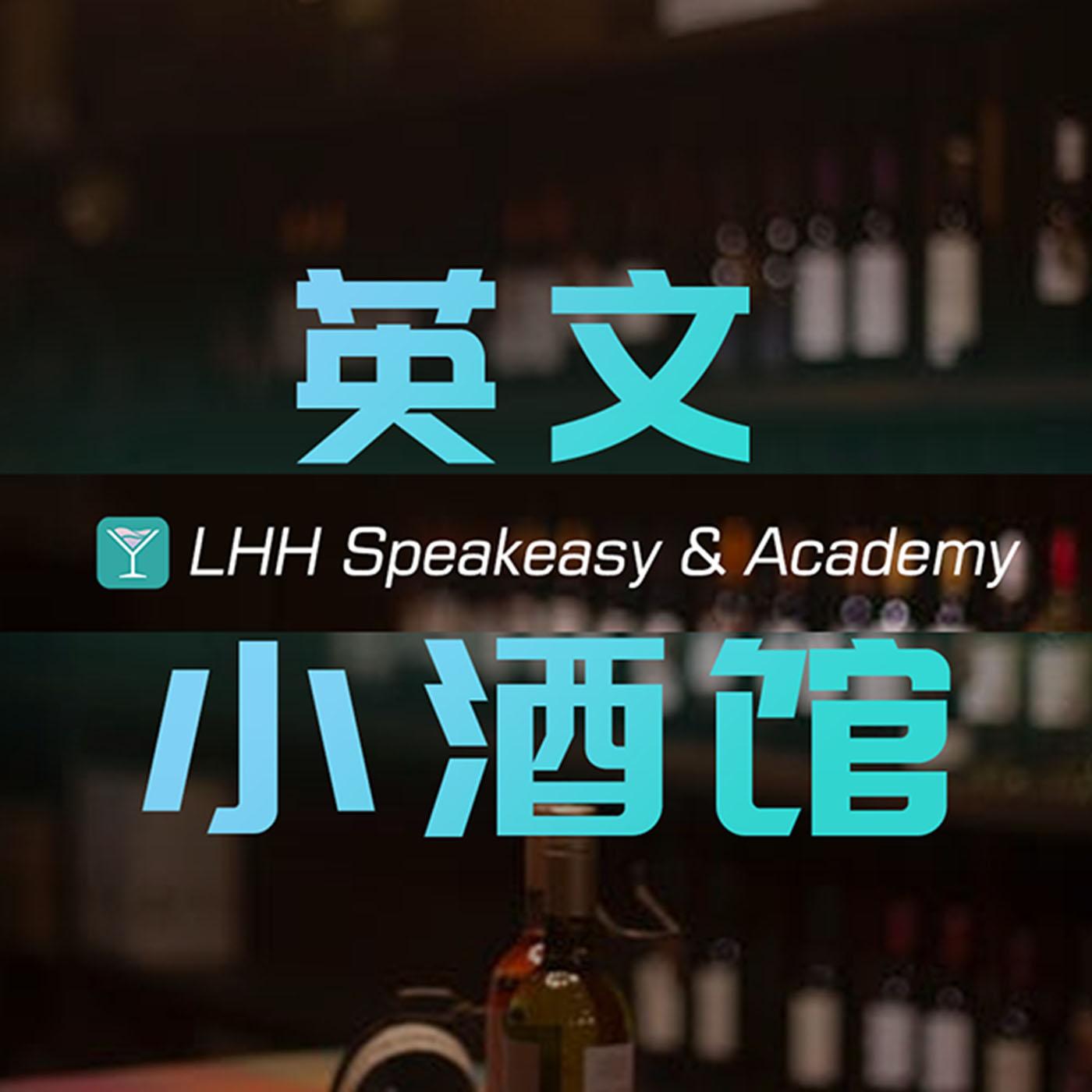
Shownotes Transcript
Okay. I'm just gonna be quite difficult and say what if I were your students and I write an answer that you really personally do not agree with, what happens then?You just mark, you based on the rubric, students have… there's a rubric like and… did you hit those points on the rubric? Yes, you did, you get the points. My opinion doesn't matter. I don't share my opinion with my students. Kelly Roell what is a rubric?I see. Rubric is something I guess a lot of our audience if they don't teach, they probably don't really use that word very often. Rubric is kind of just like a marking like grading standard. Yes. It's just a grading chart, so it just what are the things that teachers grading you on. And like, what does an outstanding look like?What does a good look like?What does fair and neat work…it's just highlighting, it's like what you did is like, did you hit these things? Did you do these things?I see, actually very interesting that you mentioned how you grade. Is it a point-based system or is it ABC or is it? How do you grade your students in like exams or essay?Like the grades I give them is a number. But the grade in the system is letter. Letter. I see, I see, are you a tough grader?No, not really, although my students may disagree. Because in my class, they I mean, homework is graded as complete or incomplete, regardless of whether the answers are correct or not. Because I want to see that do you understand it?Are you putting an effort?Are you trying? You are, okay, you get full points in that. Projects and quizzes are graded more strictly. I see, apart from these subjects, the major subjects like you said, like Chinese, English, Math, maybe Science, History, what are the sort of more, let's say extracurricular things or perhaps more the artsy, sporty things, do you have that offered?I'm sure you do, but what kind of things do you offer to your students at the school?At this school I work at, there is music programs, art programs, technology programs, a very robust science program. So we have different programs available for students who have different interests, who plan on going into different areas when they finish school. So it's not all just academic. You learn Math, History, English, Chinese. So there's a lot of other things and all students every student at the school has to take arts, all students have to take some kind of performing art. All students have to take…Like drama?Yeah. Other performing art could be drama, this could be singing, this could be band, it's required for all students here. Do you have like design classes because I think that's very popular right in a lot of private schools?Yeah, we do have design classes. There's an in-depth design program that students can take part in. They can do arts, sculpting, graphic design. I think we also have clothing design. Fashion design?I think we do, I'm not entirely sure because I don't work in that department. Okay, sounds fantastic. But what about the students? I'm getting a bit gossipy here. We know a lot of these international, especially good international schools in Beijing or Shanghai, they're quite costly, in terms of tuition. So these students they are all from relatively well off families, I would imagine, what's their family backgrounds, based on your observation? In general, a lot of these parents tend to be business people. They run businesses, IT, things like that. Some of them got money through real estate, a lot of people they lived in China over the past 23 years. There are few kids that are children of professors from various schools, but in general, everyone here is upper middle class and higher, because the tuition is high.Money is definitely a thing, but it's also the education level. It's also how you are educated, like how you perceive the world. Because a lot of these what you were talking about, obviously they're preparing for these kids not really to take the college entrance examination in China; they
